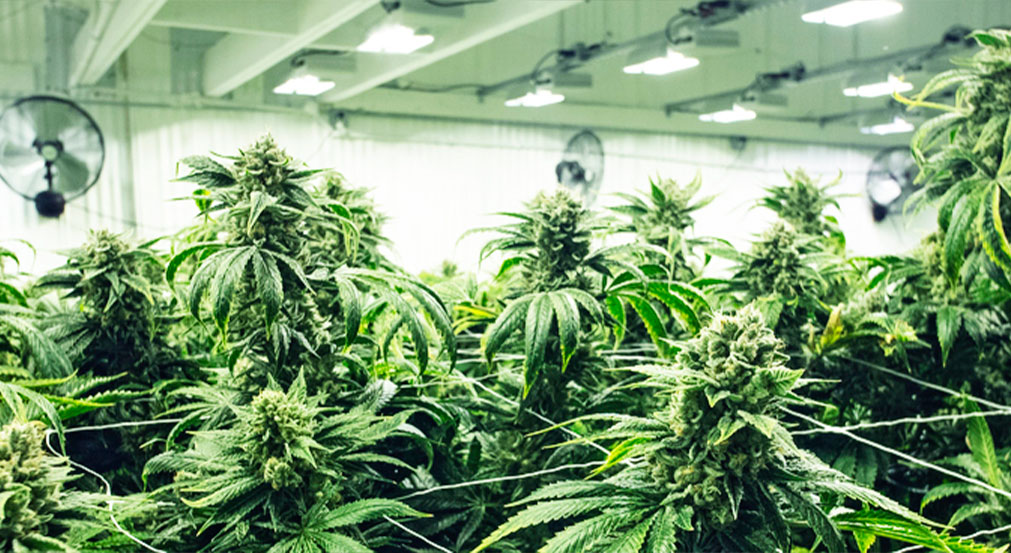Michigan Grower License Moratorium: Why It May Not Be a Good Thing and Likely Not Happen
The CRA’s October statistical report states that the average retail price per ounce of cannabis flower is $102.65. That is down from $109.88 in September and $116.84 in August and $152.74 in January of 2022. This 32% decrease in price has caused a significant economic depression in Michigan’s cannabis industry. This depression is responsible for many cannabis facilities closing their doors, employees being laid off and millions of dollars invested, lost. There is no end of his depression in sight which has prompted calls for legislative intervention.
The belief is that a proposed legislative fix of an imposed moratorium that will halt the further licensing of growers will address the overabundance of product in the current supply chain. The CRA held a public meeting to hear from stakeholders and there have been mixed feelings. Industry groups have also received different opinions from different companies. The industry is not in agreement about whether a moratorium is a good idea.
Having the vantage point of sitting on multiple boards including the State Bar of Michigan, Cannabis Law Section and the Cannabis Business Association of Michigan and the Michigan Cannabis Industry Association Legislative Committee, I have heard all of the different opinions and this is what I think: a moratorium is a bad idea as it cannot be practically imposed, it will harm consumers, it will do more harm than good plus it will not fix the problem.
Consumer Demand Is Not the Problem
Consumer demand does not seem to be a problem. October adult use sales exceeded $194 million for the second time ever. October 2022 has the record high for AU sales at $195 million. In January of 2022 AU sales was $124 million. The problem is that Michigan has too many growers and not enough retailers.
Michigan’s cannabis legalization history is very unique. With the Medical Marijuana Act of 2008 we were early adopters of medical marijuana but without a commercial production and distribution program which over the years created about 30,000 medical marijuana caregivers. Many caregivers in the medical marijuana program were supplying the unlicensed and unregulated market (otherwise known as the black market) and many were very profitable. So when AU marijuana was added 10 years later, many of those caregivers wished to operate legally. This, along with readily available municipal grow licenses, contributed to a significantly large increase of growers. 527 active grow licenses (458 Class C) in January. In October there are 806 active grow licenses (707 are class C and 137 excess grower licenses).
Looking at what licensees are sitting on, as of October 31, 2022 there are 423,000 pounds of flower in licensee inventory compared to 259,000 in January of 2022.
Why are there not enough retailers? They are scared of being sued.
Added to this problem is the quick slowdown of new retailer licenses. Of the remaining cities that have not enacted ordinances permitting them, most are either just not interested in retail cannabis, still fearing adverse effects like crime and underage use, or they fear the inevitable lawsuits that are filed by losers of a competitive license application process.
The state has added 130 retail licenses in 2023 for a total of 578 but only 20 since July. There are only 126 municipalities that have opted into the MRTMA while 1382 have opted out. Less than10 percent of this state’s municipalities do not have facilities and that is not going to significantly change anytime soon.
As of October 31, 2022 there are 423,000 pounds of flower in licensee inventory compared to 259,000 in January of 2022. What happens when there is a moratorium?
As a solution to steady the market, it has been proposed to stop the issuance of grower and excess growers licenses. The industry is very split on this issue. Many companies have plans to add grower licenses to their future business plans. Existing growers, many of whom are struggling to survive, support limiting their competition. Then there is the issue of those who have started their applications and been prequalified for grow licenses and are in various stages towards securing a license. In October alone 64 initial pre-qualification applications were filed. It has been proposed to stop the issuance or processor licenses as well.
The state of Oregon had the same over supply problem. In March of this year, they enacted HB 4016 which stayed all license applications and even retroactively disallowed those filed from January of this year. This has resulted in several lawsuits, and it is still unclear whether the actions will have the intended effect. It has created a strong secondary market for licenses. Currently, if you want a commercial cannabis license in Oregon, you must purchase the business of one currently operating.
A halt on the licenses being issues is going to lead lawsuits without the promise of any benefit. Plus, it will lead to a secondary license market which will create another barrier to entry for social equity applicants.

The Real Solution
The real solution is that Michigan needs more retailers. The legislature can take action to encourage more municipalities to adopt ordinances. They can limit the potential for lawsuits or, they can move the discretion from the municipalities all together. Given the MRTMA was a ballot initiative, any amendment would require a super majority of 75%. That may not be easy especially due to the influence of the Michigan Municipal League.
What is Best for Consumers?
Ultimately, the state of the industry is good for consumers, and many believe that is what is important. The strongest companies will survive but that means the demise of several social equity applicants which is contrary to another cannabis public policy.
There are no easy solutions particularly when there is such a diverse set of opinions. But if Michigan cannot figure to what to do, what is going to happen when there is national legalization? We will be in the same position.





